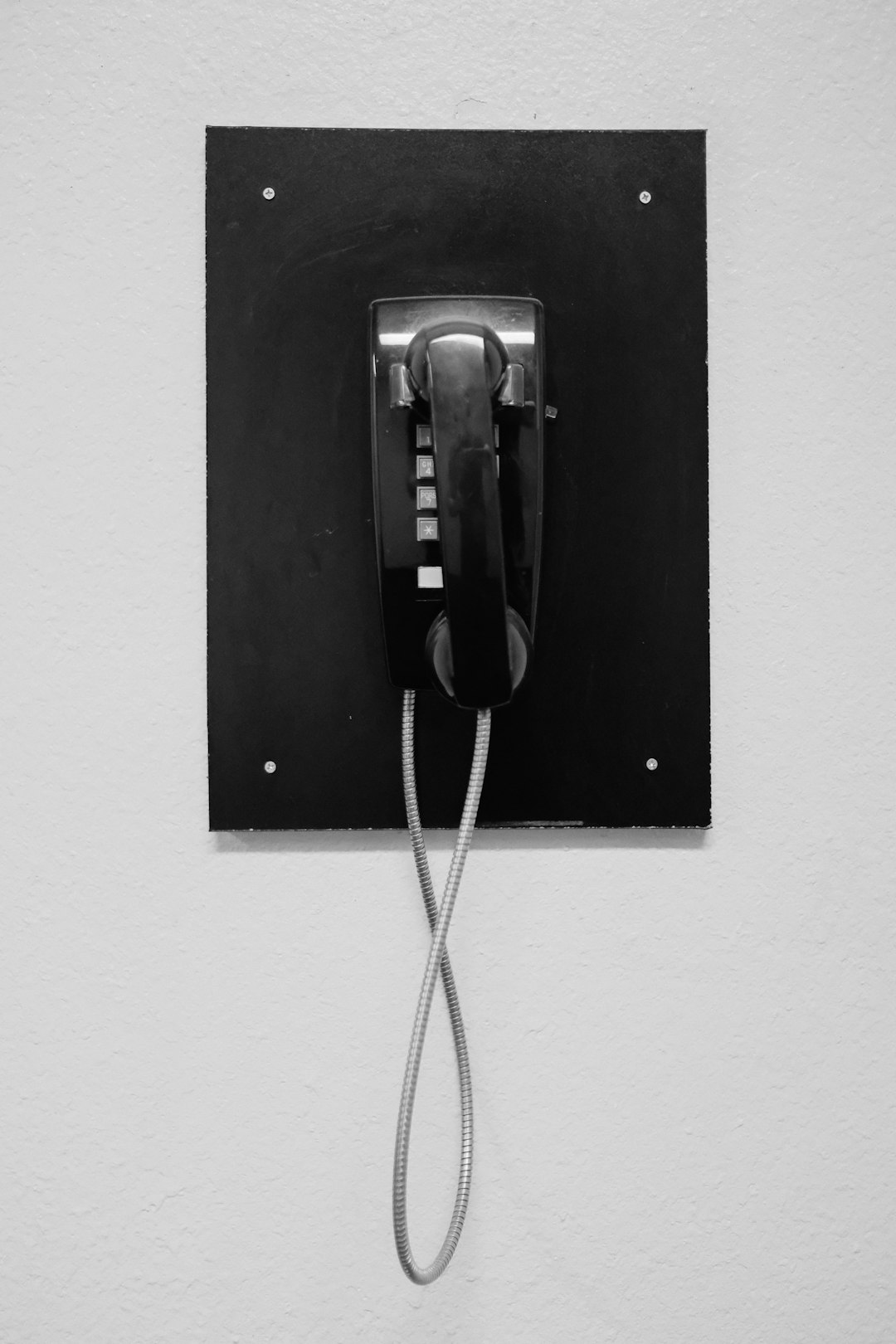South Carolina's Do Not Call laws strictly regulate telemarketers, with severe penalties for violations. Businesses must prove compliance to defend against charges like lack of consent and misrepresentations. Hiring specialized Do Not Call Lawyers South Carolina ensures adherence to federal and state guidelines, protecting businesses from legal risks and reputational damage.
In the dynamic landscape of telemarketing, adhering to regulations is paramount. South Carolina’s Do Not Call laws are stringent, with penalties for violations that can mount quickly. This article guides telemarketers through a crucial aspect of their business: legal defenses. We explore common violations and tailored strategies for protection, empowering professionals to navigate complex legal waters effectively. Understanding these defenses from experienced Do Not Call lawyers in South Carolina is essential for maintaining compliance and mitigating risks.
Understanding South Carolina's Do Not Call Laws

In South Carolina, telemarketers must navigate a strict set of regulations, particularly those related to the state’s Do Not Call laws. These laws are designed to protect residents from unwanted phone calls and give them the right to opt-out of marketing messages. Understanding these regulations is crucial for any Do Not Call lawyer in South Carolina, as violations can lead to significant penalties.
The South Carolina Do Not Call Act prohibits telemarketers from making telephone solicitations to individuals who are listed on the state’s Do Not Call registry. Residents can register their phone numbers online or through the mail, and once registered, they have the right to stop all commercial calls within 24 hours. Telemarketers must obtain explicit consent before calling a number on the registry, ensuring compliance with these strict rules.
Common Telemarketing Violations and Defenses

Telemarketing, while a powerful tool for businesses, can also lead to legal issues if not conducted within the bounds of relevant laws and regulations. Common violations include failure to obtain proper consent, violating do-not-call lists, misrepresenting the nature of the call, and failing to provide clear disclosures about products or services offered.
Defenses against these charges often hinge on proving compliance with state and federal regulations, such as those enforced by Do Not Call Lawyers South Carolina. Demonstrating informed consent from recipients, maintaining accurate caller ID information, and providing comprehensive disclosure materials can significantly strengthen a telemarketer’s position in the event of an accusation.
Navigating Legal Strategies for Telemarketers' Protection

Telemarketers in South Carolina, like anywhere else, face a unique set of legal challenges and must be aware of their rights and available defenses to protect themselves from accusations of violations. Navigating the complex landscape of consumer protection laws is crucial for maintaining compliance and mitigating potential risks. A strategic approach to legal representation can significantly impact the outcome of any investigation or lawsuit.
Hiring experienced Do Not Call Lawyers South Carolina becomes an invaluable asset in these situations, offering expertise in telemarketing regulations. These attorneys can guide their clients through the intricacies of federal and state laws, ensuring that marketing practices adhere to established guidelines. By employing robust legal strategies, telemarketers can protect their businesses, safeguard their reputation, and minimize exposure to costly settlements or penalties.






